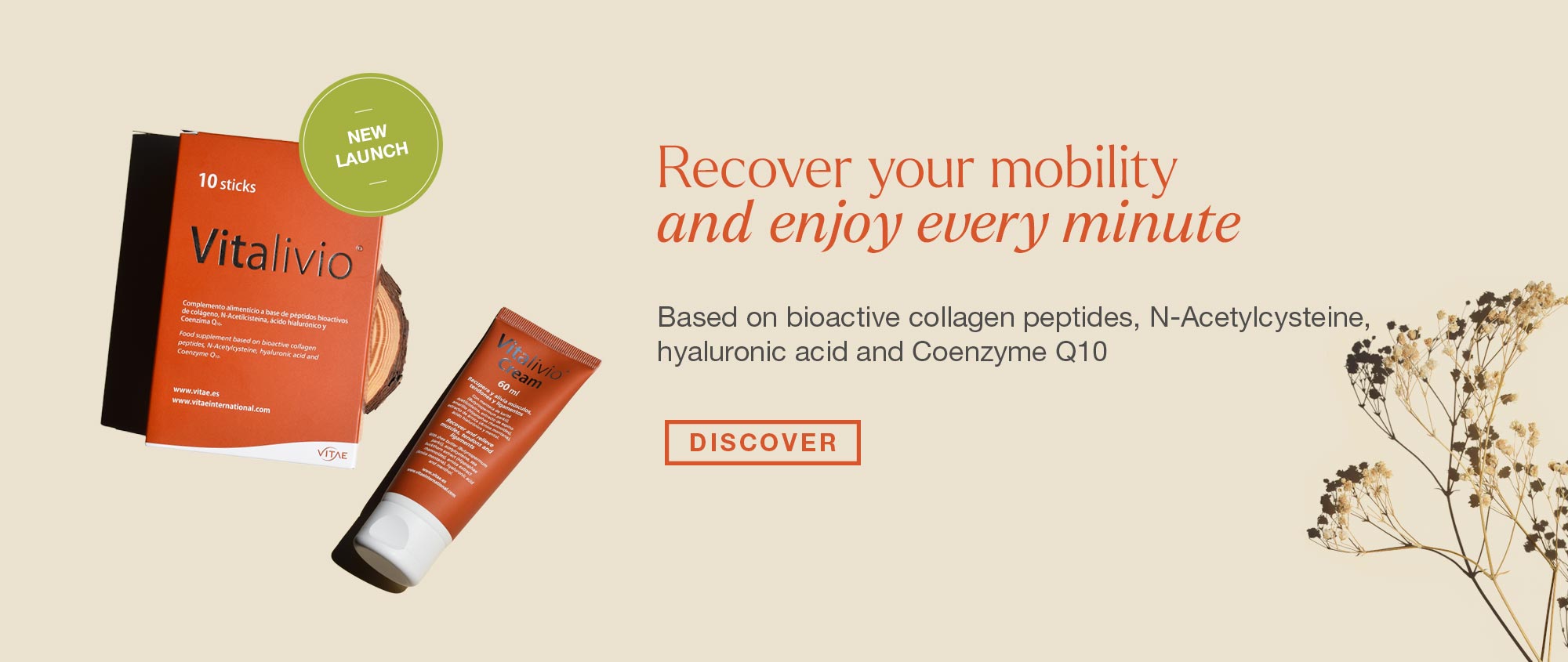N-acetylcysteine (NAC) is derived from the amino acid L-cysteine. Amino acids are the building blocks of proteins. NAC has many uses and depending on the dosage it is considered a dietary supplement or a medicine. N-acetylcysteine is an antioxidant that has demonstrated its effect as an expectorant, liver detoxifier and in certain cases its antioxidant power has shown anti-inflammatory action.
What is N-acetylcysteine or NAC
It is a substance derived from an amino acid and is commonly used to thin mucus and make it easier to remove. It is also used to reverse the toxicity caused by high doses of certain medications. It is also called acetylcysteine and N-acetyl-L-cysteine.
What is N-acetylcysteine used for ? Main health benefits of NAC
It is traditionally used in medicine as a mucolytic agent and to treat drug toxicity or overdose. Although these uses are well established, NAC shows antioxidant, anti-inflammatory and glutamate modulating activity, which make it a substance with different applications both in food and medicine.
N-acetylcysteine is converted in the body into the antioxidant enzyme glutathione. Glutathione is a tripeptide found in cells and whose function is to protect them from oxidation. As we age, our body produces less and less of it. Since we produce less and less of it as we age, it is necessary to include supplements in our diet that help our body continue to produce Glutathione.
What health problems can NAC help to resolve?
NAC has multiple actions including antioxidant effects, reduction of cytokine activity, modulation of dopamine release, reversal of mitochondrial dysfunction, reduction of apoptosis, anti-inflammatory activity and modulation of glutamate release. Thus, it acts as an antioxidant against aging and protects many essential functions in the body.
In what cases could NAC be taken?
Through its anti-inflammatory activity, NAC protects against elevated proinflammatory cytokines and acute phase proteins.
People who have suffered a muscle, ligament or tendon injury, as well as those with elevated inflammatory markers, and patients who have chronic inflammatory conditions, such as arthritis, have an increased need for antioxidant supplementation.
N-acetylcysteine helps to:
- Reduce muscle fatigue and facilitate an appropriate cellular environment for muscle contraction.
- Reduce inflammation of muscles, tendons and ligaments.
- Accelerate recovery after intense eccentric exercises.
- Improve joint disorders.
- Protect the immune system.
How to take N-acetylcysteine (dosage, frequency, etc. )
The use of N-acetylcysteine as a therapeutic ingredient in bronchitis, asthma or emphysema uses doses of 500 to 2000 mg/day.
As a dietary supplement, 300 mg/day is recommended.
In sports supplementation, doses between 600 and 1,200 mg have been shown to be safe.
We always recommend following the recommendations of your doctor or pharmacist.
Contraindications of NAC
N-acetylcysteine consumption is generally safe and well tolerated, used in the recommended doses.
The most common adverse effects observed are gastrointestinal disorders such as nausea, vomiting or diarrhoea, headaches, drowsiness and hypersensitivity reactions. It should be noted that these side effects have been observed with high and prolonged consumption, especially in cases of long-term medical treatment.
Conclusions on N-acetylcysteine or NAC
N- acetylcysteine (NAC) is a potent antioxidant used to reduce oxidative stress. Since oxidation equals aging and inflammation, NAC helps protect our musculoskeletal system, respiratory system, and immune system from oxidation, inflammation, and wear and tear.






